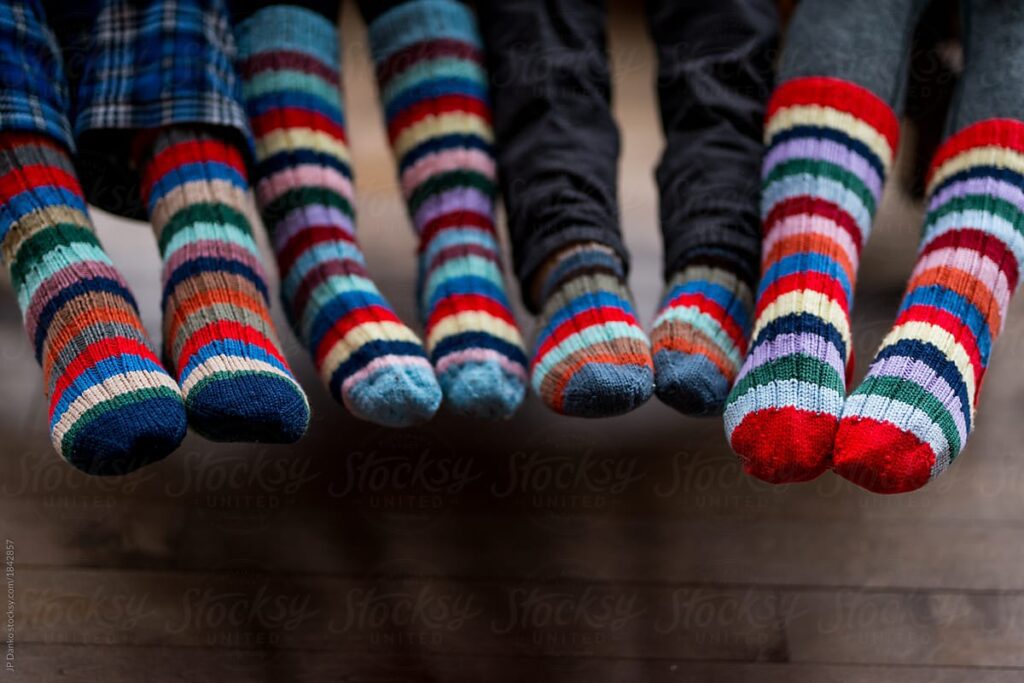Training for a race, whether it’s a 5K, half marathon, or ultra, is a journey filled with sweat, dedication, and miles upon miles of effort. But as any seasoned runner knows, the key to success isn’t just about how hard you train; it’s about how well you recover. Recovery is the secret sauce that helps your muscles repair, your energy stores replenish, and your body bounce back stronger than ever. If you’re wondering how to give your body the TLC it needs after a tough training session, you’re in the right place. Here’s a comprehensive guide to help you recover like a pro and keep those PRs in sight.
Rehydrate
When you’re pushing your body to its limits, you lose a significant amount of fluids through sweat, which includes not only water but also essential electrolytes like sodium, potassium, and magnesium. These electrolytes are vital for maintaining muscle function, nerve transmission, and overall fluid balance in the body. Without proper rehydration, you risk dehydration, which can lead to muscle cramps, fatigue, dizziness, and a decline in your athletic performance.
Start by drinking water immediately after your run to begin the rehydration process. While plain water is great, it might not be enough, especially if you’ve been sweating heavily. This is where electrolyte-rich beverages come into play. Drinks like coconut water, sports drinks, or electrolyte tablets dissolved in water can help replenish the minerals lost during your workout. These drinks are designed to quickly restore the balance of electrolytes in your body, helping to prevent cramping and speeding up your recovery.
You should also continue sipping water throughout the day, not just immediately after your run. Your body needs time to fully rehydrate, and drinking small amounts consistently is more effective than trying to gulp down large quantities at once. Aim to drink at least half your body weight in ounces of water daily, and more on the days when you’re training.
Refuel Your Body with Protein
Your muscles take a beating during a tough run, and protein is the key to their repair and growth. Within 30 minutes of finishing your workout, aim to consume a protein-packed snack or meal. This could be as simple as a smoothie with protein powder, Greek yogurt with nuts, or a turkey sandwich. The goal is to give your muscles the building blocks they need to recover quickly, reducing soreness and improving your performance in the next run.
Load Up on Fruits and Veggies
Color your plate with nature’s best recovery aids: fruits and vegetables. These powerhouses are loaded with antioxidants, vitamins, and minerals that help reduce inflammation and oxidative stress caused by intense exercise. Berries, oranges, spinach, and sweet potatoes are excellent choices. Plus, they’re hydrating, which is an added bonus in your recovery routine.
Stretch It Out
Stretching is the bridge between your workout and full recovery. It helps increase blood flow to your muscles, easing stiffness and preventing injury. Focus on dynamic stretches before your run and static stretches afterward. Think hamstring stretches, quad stretches, and calf stretches to keep your legs feeling fresh and limber.
Try Yoga or Mobility Work
Incorporating yoga or mobility exercises into your routine can work wonders for your flexibility and muscle recovery. Yoga not only stretches and strengthens your muscles, but it also promotes relaxation and mental clarity. Even a quick 15-minute session can help reduce muscle tightness and improve your overall performance. On days when yoga feels too slow, try mobility exercises that target your hips, ankles, and shoulders—key areas for runners.
Sleep Well
Sleep is your body’s natural recovery mode. During deep sleep, your body produces growth hormones that aid in muscle repair and overall recovery. Aim for at least 7-9 hours of quality sleep per night, especially after intense training sessions. Create a bedtime routine that includes winding down, limiting screen time, and ensuring your sleep environment is cool and comfortable. Your legs will thank you in the morning.
Wear Compression Socks
These snug-fitting compression socks help improve blood circulation, reduce muscle fatigue, and speed up the removal of metabolic waste from your muscles. Wear them after your run or even during your next workout to give your legs that extra boost of recovery.
Elevate Your Legs
One simple yet effective way to aid recovery is to elevate your legs. By raising your legs above heart level, you help reduce swelling and improve blood flow back to your heart. Prop your legs up against a wall or over a stack of pillows for 10-15 minutes post-run to enjoy the benefits of this easy recovery technique.
Take an Ice Bath
An ice bath might sound intimidating, but it’s a tried-and-true recovery method for reducing muscle soreness and inflammation. The cold constricts your blood vessels, which helps flush out lactic acid and other metabolic waste. Start with a 10-minute soak in cold water (around 50-59°F), and if you’re up for it, add ice to intensify the experience. It’s not the most comfortable thing in the world, but your muscles will thank you later.
Take an Epsom Salt Bath
If the thought of an ice bath makes you shiver, an Epsom salt bath is a soothing alternative. Epsom salts are rich in magnesium, a mineral that helps relax muscles and reduce inflammation. Add two cups of Epsom salts to a warm bath and soak for 20 minutes. The warmth of the water combined with the magnesium will leave you feeling relaxed and ready for your next run.
Get a Massage
Massages help break down knots, improve blood flow, and reduce muscle tightness. Whether you opt for a professional massage or a DIY session with a foam roller, taking the time to knead out tension can significantly enhance your recovery.
Try an Anti-Inflammatory Cream
Sometimes, despite your best efforts, muscle soreness can creep in. That’s where anti-inflammatory creams come in handy.
Anti-inflammatory creams typically contain active ingredients like menthol, camphor, arnica, or nonsteroidal anti-inflammatory drugs (NSAIDs) such as ibuprofen or diclofenac. These ingredients work by reducing inflammation and numbing the affected area, which helps to alleviate pain and speed up the healing process.
Recovering from a tough training session is just as important as the training itself. By incorporating these recovery strategies into your routine, you’ll not only feel better but also perform better in your next race. Remember, your body is your most valuable asset—treat it with the care it deserves, and it will reward you with miles of strong, pain-free running.














